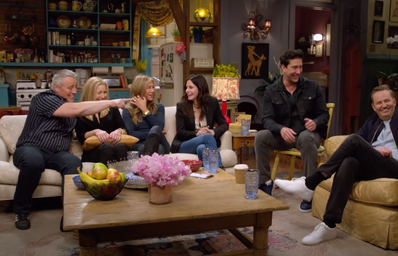Being a social psychology major, I love people. I love observing what we do at what time, in front of who, and why. One of the most interesting things I’ve come to realize is who we are as a person has nothing to do with “being yourself” and everything to do with situational attributions, meaning how we act is determined by the situation and interactions at that moment. Is there a need to be obedient? Is there a social norm to fit into? Should you be respectful and filtered? Our thoughts, emotions, ideas, and actions are all dependent on our social interactions. Further, because of these boundaries within our social interactions, there are so many versions of yourself out in the world. The way your family sees you is not how your best friend sees you, your teachers see you, or a stranger in passing sees you.
This is a natural psychological phenomenon that occurs in every human, every day. We may not even realize that we change depending on who we are surrounded by. Right after COVID-19 hit, I got my first job as a cashier at a local Mexican food concept. I talked to hundreds of people over a six-hour shift and I recognized I developed a slightly embarrassing customer service voice. I could so easily switch from a soft-spoken, eager to assist, smiley 16-year-old, to the stressed Zoom student juggling the college application process, 30 hour work weeks, and how drastically the pandemic hit my family. Neither of these versions of myself was fake. However, I naturally adapted and conformed to my environment, presenting myself how I needed to at that specific moment.
The topic of having multiple versions of yourself was brought up in my high school cultural anthropology class. I truly find it so interesting that there are thousands of versions of me in the universe. Every individual I have come into contact with knows me as one version, and it probably isn’t the same version anyone else knows. The psychology of this is how I reacted to my environment while meeting each of those people, and I don’t realize that I am portraying myself differently to each person.
My point to this beyond pure fascination is that staying true to yourself looks different in each moment and interaction. The only thing we really can do is work to be free of judgment, and try not to think too hard about others judging us. Every version of you is beautiful and real.

